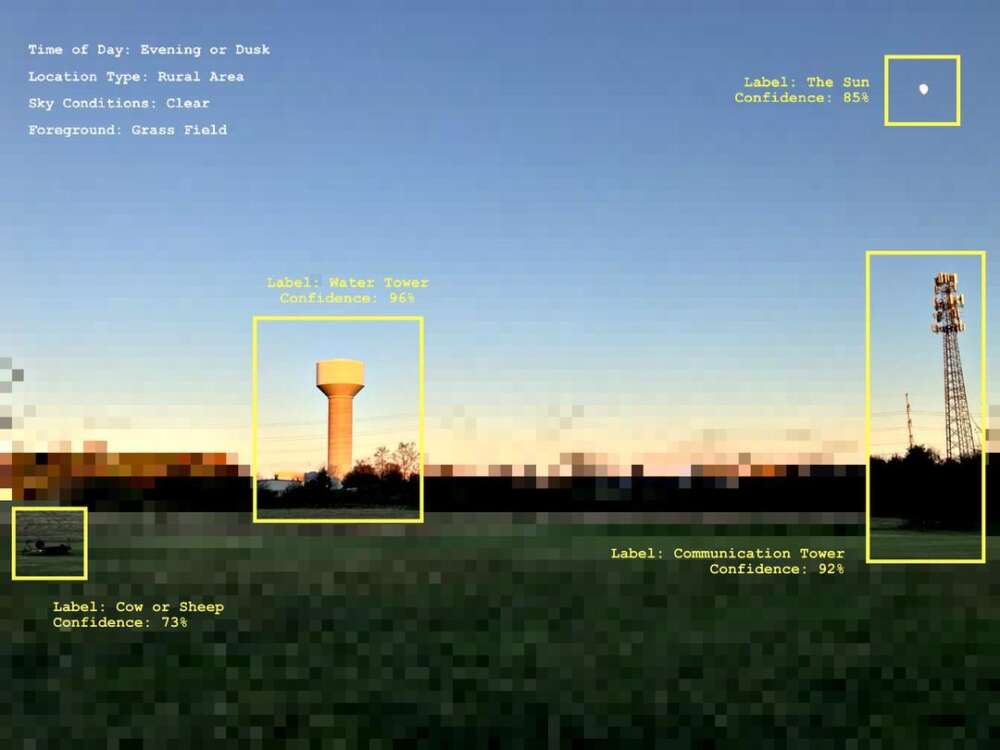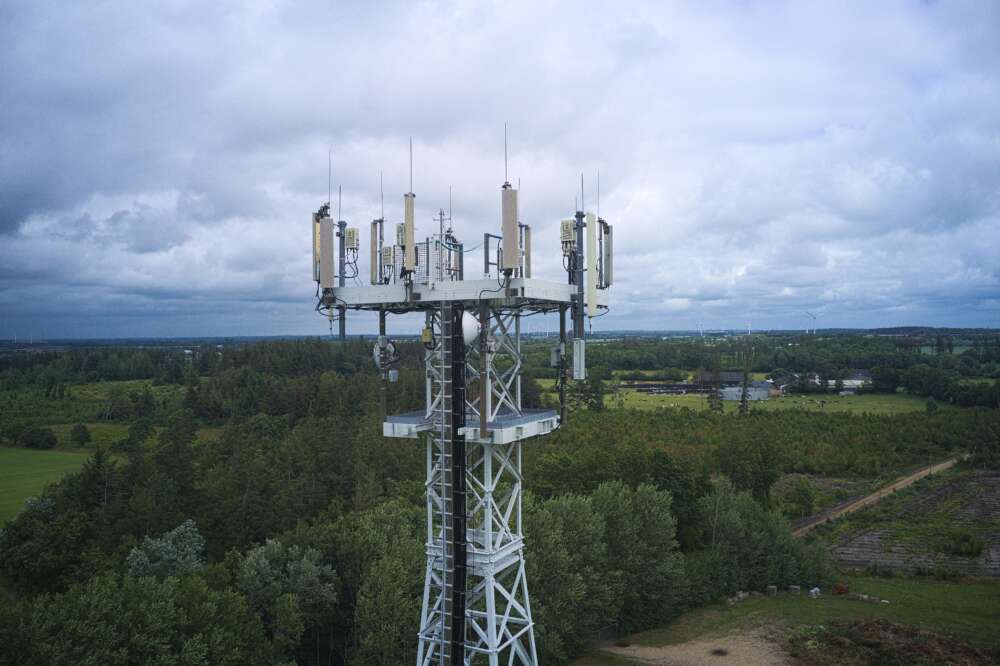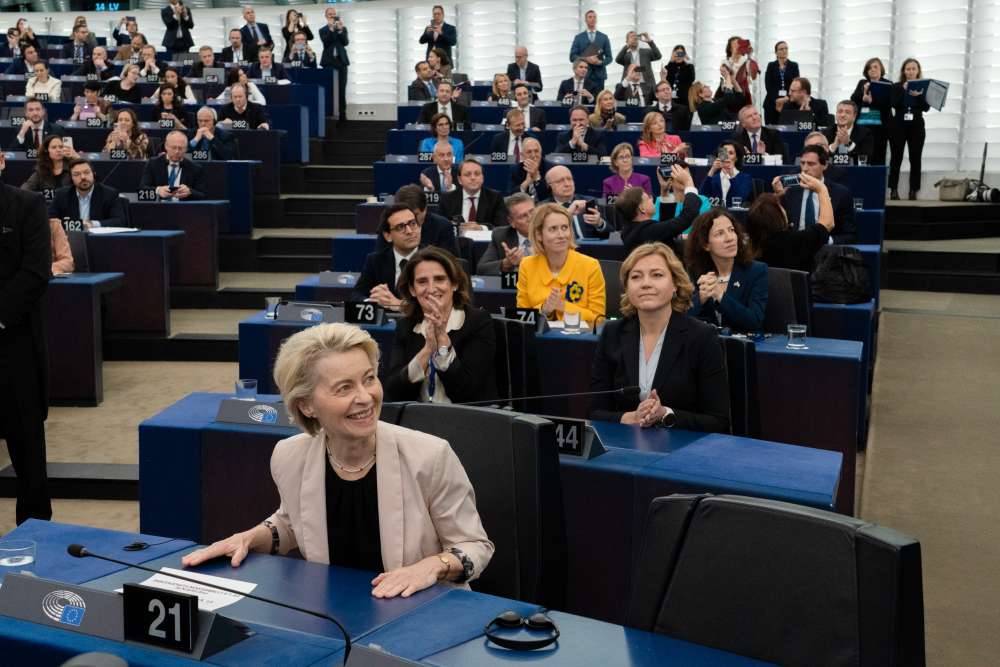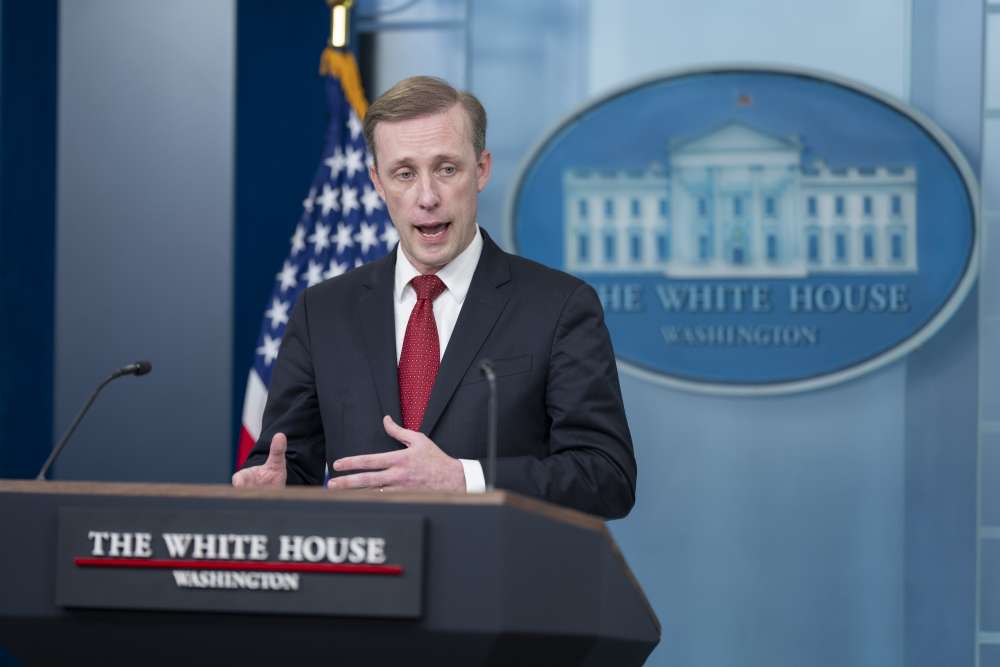Quantum Technologies: Key Advances and Implications for Security in Germany and Europe

This policy brief explores the current state and future trajectory of developments in quantum technologies, highlighting their significance for Germany and Europe’s foreign and security policy. As the race for global tech supremacy intensifies, the three quantum tech subfields — sensing, communications and computing — are becoming increasingly relevant to national and economic security. Recent steps, such as the publication of the Quantum Europe Strategy by the European Commission in July 2025, are encouraging signs of a more proactive and targeted approach to navigating this emerging space. However, besides following through on these broader initiatives, a dedicated focus on the security-related challenges and opportunities presented by these technologies remains critical.
Key takeaways from this paper:
- Quantum technology innovation raises security considerations at several levels, ranging from dual-use and military applications to cyber and data security, as well as supply chain vulnerabilities and economic coercion.
- The US and China recognized this aspect of technology development early on and set the tone for the general policy response to quantum tech. As they lead developments across all three subfields and leverage policy tools (e.g., export controls, collaboration restrictions) to maintain and expand their respective edge, other players such as Germany and the EU need to critically evaluate and adapt their strategies accordingly.
- Europe (and Germany specifically) boasts a highly competitive academic research ecosystem and manufactures critical components, but has struggled to drive practical use and build a vibrant commercial landscape. Efforts to address this challenge through policy on innovation and industrial development will need to advance in tandem with dedicated measures to protect and advance European security interests.
This publication is part of a GPPi project on the strategic agenda on critical technologies in Germany and Europe. The project is funded by the German Federal Foreign Office.







